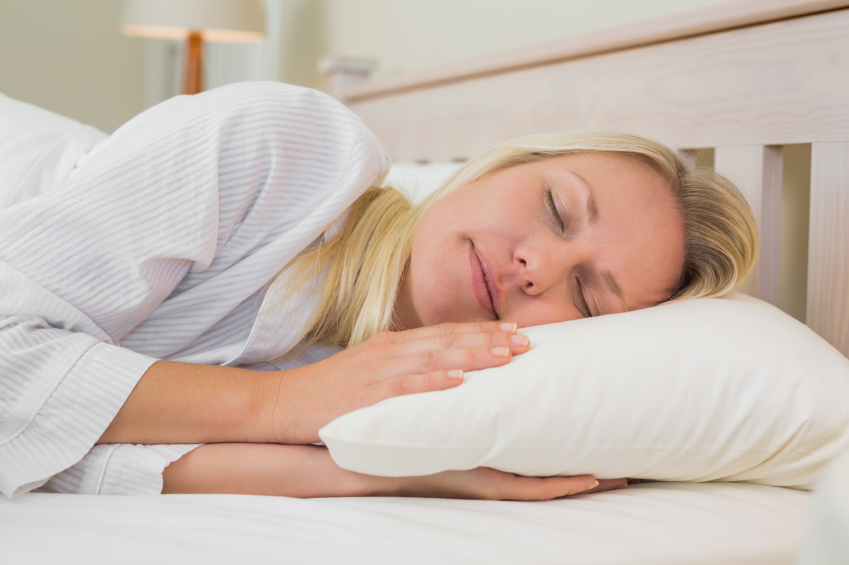Want to Lose Weight? Get Some ZZZ’s
An estimated 50-70 million US adults have sleep or wakefulness disorder.
78.6 million of U.S. adults are obese.
Are you still trying to figure out why can’t lose weight? The answer could be as easy as getting a full night’s sleep. People today are constantly on the go – we feel guilty if we relax for too long and often sleep isn’t a top priority. We work, take care of our children, attend their sporting events and parties, do house work, go to social activities – it never ends. We don’t get as much sleep as we need, that’s for sure. The number of sleep aids on the market is an indicator of how many of us are having trouble sleeping.
How Lack of Sleep Leads to Weight Gain
Loss of sleep affects two key hormones that control your appetite: leptin and ghrelin. Here’s how it works:
Leptin – This is the fat regulating hormone that tells you when to stop eating or when you are full. It regulates fat storage in your body and increases energy used by the body as body fat stores increase.
Ghrelin – This is the hunger hormone that tells you when to eat and stimulates your appetite.
When you lose sleep, you have less leptin, which tells you to stop eating, and you have more ghrelin, which tells you to eat. This increase in appetite can easily lead to overeating and weight gain. There is research to back this up. The study, The Metabolic Consequences of Sleep Deprivation, concluded that chronic partial sleep loss may increase the risk of obesity and diabetes via multiple pathways that lead to excessive food intake and decreased energy expenditure.
Helpful Tips to Improve Sleep
Lifestyle Tips
• Keep your bedroom as close to complete darkness as possible and keep the temperature below 70 degrees.
• Go to bed at the same time every night, including weekends.
• Get plenty of exercise during the day. Physically active people sleep better.
• Avoid large meals late at night and reduce intake of caffeine and alcohol in the evening.
Hormonal Balance
• Thyroid – Hypothyroidism is a common cause of poor sleep and insomnia. Thyroid hormones improve the quality of sleep, allowing you to spend more time in deep phases of sleep. It is also helpful for sleep apnea.
• Progesterone – Progesterone has a sleep effect that creates calmness when taken before bedtime. Low progesterone is often a cause of insomnia and anxiety.
• Testosterone – In men, testosterone is important for quality sleep. It also helps with sleep apnea.
• Estrogen – Estrogen deficiency can cause sleep disturbances, particularly due to night sweats and hot flashes.
Natural Supplements
• Melatonin – Melatonin is a sleep regulating hormone and is essential for a good night’s sleep.
• Magnesium – Magnesium helps you to relax and aids with sleep. Melatonin production is disturbed without sufficient magnesium. Magnesium also helps with anxiety.
• 5HTP – 5HTP is the precursor to serotonin, which has a role in sleep.
• Inositol – Inositol aids in a restful night’s sleep and has a calming effect. It reduces feelings of stress and anxiety.
Make Sound Sleep a Priority
The bottom line is – make sleep a priority. Sleep is not only essential for weight loss, it is also crucial for your overall health. Make a commitment to take good care of yourself.
Dr. Hotze discusses how to lose weight naturally:
Related Content
Melatonin: Nature’s Sleep Aid
Now I Can Sleep! Nell’s Story.


